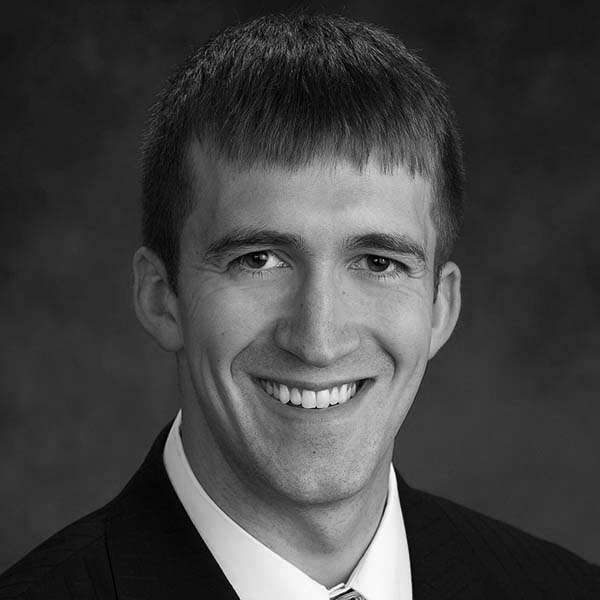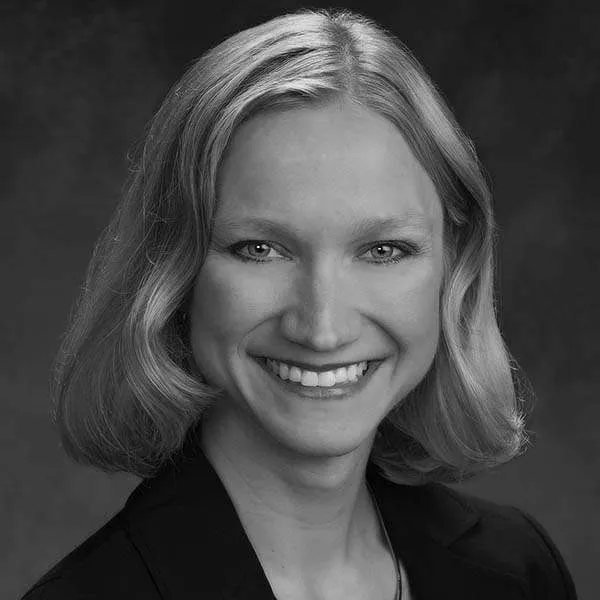K-State child development expert says it’s okay for parents to express their own anxiety
MANHATTAN, Kan. – The transition back to school during the past year’s pandemic was tough on a lot of people, but just in case you think last year’s challenges are behind us, we have some bad news.
They’re not.
In fact, this year’s transition could be equally demanding, even in cases where mask mandates, social distancing and hybrid learning are not in play.
For starters, Kansas State University child development specialist Bradford Wiles notes that more children than normal could be experiencing in-class school for the first time. Whereas in most years, it’s the preschoolers and kindergarteners heading off to their first day in a strange place, this year creates that same challenge for first graders – some of whom may have spent last year learning entirely from home.
“There’s going to be differences when children return to school,” Wiles said. “They already have this generalized, underlying anxiety about going back to school. We all had that when we were young. It’s new. It’s different.
“But then layering on top of that is the uncertainty of what school is going to look like, who’s going to be there, who’s not. That can really cause some difficulties for children to process what’s going on.”
This is the time for parents to continue being diligent about talking with their children, Wiles said. “Of all the times that we need parents to be really responsive and really invested in what their children are feeling, it’s right now,” he said.
“As adults, we tend to think about thoughts as opposed to emotions, a little bit more. But now is the time when, as parents, we need to have conversations with our children about their feelings.”
‘Anxiety’ appropriately describes what children may be feeling as the first day of school approaches, “but we don’t want to call it anxieties” when talking with children, Wiles said.
“You want to ask, ‘what are you afraid of,’ or ‘is there something I can do to help you understand what’s going on,’” he said.
Parents who feel anxious don’t need to hide those emotions. Wiles said it’s okay for parents to admit that they, too, feel anxiety or have certain fears in sending their children back to school.
“You don’t want to go overboard, of course,” Wiles said. “You want to talk about how you’re feeling, but not so much show that anxiety. If that happens and your child notices that you’re running around the kitchen re-organizing everything because you’re feeling anxious, then fine, you can address that.
“But really children can learn a ton through age-appropriate conversations. Being able to tell your three-year-old that you’re a little scared too is okay. It’s okay to be scared, but then what do we do when we’re scared? Well, we try to take deep breaths, we try to think of things that aren’t scary; we try to work through and talk through the things that are making us scared and figure out what we’ll do when we get to those things.”
“The best response if you’re scared (as a parent) is to say, ‘I’m scared too. We’ll get through this together.’”
Wiles adds that children take very seriously the things that their parents or primary caregiver tell them: “If you say it’s going to be okay, then it’s going to be okay,” he said.
“For parents of younger children, you don’t want to burden them with your own emotional state, but I would recommend that you offer the recognition of a shared understanding.”
Once school begins, Wiles said a good strategy for parents is to ask open-ended questions of children, such as “What was your favorite part of school today?” And, perhaps also share with your child what your favorite part of the day has been.
“You’re connecting,” Wiles said. “And if we approach this new school year that way, we’re going to be in really good shape.”
More information on child development is available online from K-State Research and Extension.
-30-
FOR PRINT PUBLICATIONS: Links used in this story
Applied Research in Child Health and Enhancing Resilience, www.hhs.k-state.edu/ahs/extension/child-development
K State Research and Extension is a short name for the Kansas State University Agricultural Experiment Station and Cooperative Extension Service, a program designed to generate and distribute useful knowledge for the well being of Kansans. Supported by county, state, federal and private funds, the program has county extension offices, experiment fields, area extension offices and regional research centers statewide. Its headquarters is on the K State campus in Manhattan. For more information, visit www.ksre.ksu.edu
For more information:
Bradford B. Wiles
[email protected]
785-532-1939
Written by:
Pat Melgares
785-532-1160
[email protected]





